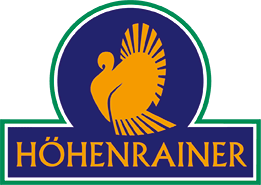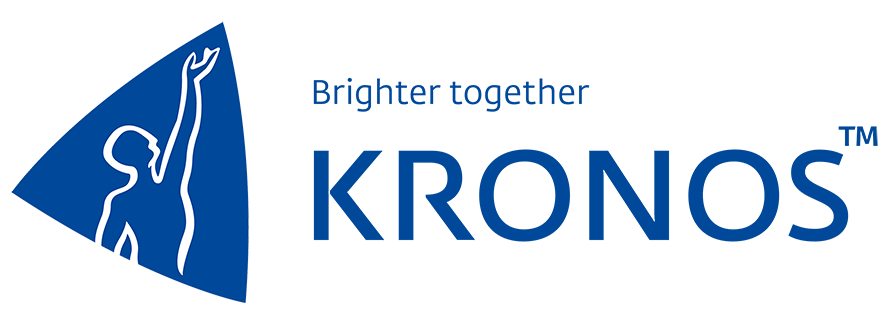Event Management Best Practices Checklist
Streamline event planning with this best-practice template, covering stages from conceptualization to execution, ensuring seamless logistics, effective communication, and successful outcomes.
Pre-Event Planning
FAQ
How can I integrate this Checklist into my business?
You have 2 options:
1. Download the Checklist as PDF for Free and share it with your team for completion.
2. Use the Checklist directly within the Mobile2b Platform to optimize your business processes.
How many ready-to-use Checklist do you offer?
We have a collection of over 5,000 ready-to-use fully customizable Checklists, available with a single click.
What is the cost of using this Checklist on your platform?
Pricing is based on how often you use the Checklist each month.
For detailed information, please visit our pricing page.
What is Event Management Best Practices Checklist?
Event Management Best Practices Checklist:
I. Planning and Budgeting • Establish clear event objectives • Set a realistic budget and stick to it • Plan contingencies for unexpected expenses or changes
II. Venue Selection • Choose a venue that aligns with your event's theme and objective • Consider factors like accessibility, parking, and amenities • Ensure the venue has necessary infrastructure (e.g., electricity, Wi-Fi)
III. Communication • Create a detailed event schedule and distribute it to attendees • Designate a point of contact for last-minute questions or concerns • Utilize multiple communication channels (email, phone, social media)
IV. Logistics and Timing • Plan for adequate setup and teardown time • Schedule regular breaks for staff and vendors • Consider a contingency plan for inclement weather
V. Risk Management • Identify potential risks (e.g., accidents, security breaches) • Develop strategies to mitigate those risks • Have an emergency response plan in place
VI. Staffing and Volunteers • Hire sufficient staff and volunteers to manage the event • Ensure staff are trained and aware of their roles and responsibilities • Consider hiring professionals for high-pressure tasks (e.g., stage management, catering)
VII. Technical and Audiovisual Requirements • Determine audiovisual needs (microphones, speakers, screens) • Plan for adequate lighting and power supply • Test equipment before the event to prevent technical issues
VIII. Catering and Concessions • Choose caterers or vendors that meet your dietary requirements • Consider offering vegetarian, vegan, gluten-free options • Ensure sufficient concession stands are available for attendees
IX. Registration and Ticketing • Create a registration process that's easy and efficient • Designate staff to manage ticket sales and check-in • Utilize technology (e.g., QR codes) to streamline the process
X. Marketing and Promotion • Develop a comprehensive marketing strategy • Utilize social media platforms to promote your event • Consider partnering with influencers or local businesses for additional promotion
How can implementing a Event Management Best Practices Checklist benefit my organization?
Implementing an Event Management Best Practices Checklist can significantly benefit your organization in several ways:
- Ensures consistency and quality across all events
- Reduces last-minute mistakes and saves time by having a clear plan
- Improves communication among stakeholders, including attendees, sponsors, and vendors
- Enhances the overall attendee experience through well-planned logistics and amenities
- Increases efficiency and productivity with better resource allocation
- Provides a framework for evaluating event success and identifying areas for improvement
What are the key components of the Event Management Best Practices Checklist?
Venue and Catering Event Schedule Budgeting and Financial Planning Marketing and Promotion Communication and Stakeholder Management Risk Assessment and Contingency Planning Vendor Management Logistics and Operations Staffing and Training Technology and AV Equipment Sustainability and Environmental Considerations Accommodating Special Needs
Venue Selection
Budgeting and Sourcing
Promotion and Marketing
Registration and Ticketing
Logistics and Operations
Post-Event Evaluation
Risk Management and Insurance
Expense Reduction
 34%
34% Development Speed
 87%
87% Team Productivity
 48%
48% Generate your Checklist with the help of AI
Type the name of the Checklist you need and leave the rest to us.
 Made in Germany
Made in Germany Fair Pricing Policy
Fair Pricing Policy




























 Certified Security and Data Protection
Certified Security and Data Protection Active Support and Customer success
Active Support and Customer success Flexible and Fully customizable
Flexible and Fully customizable